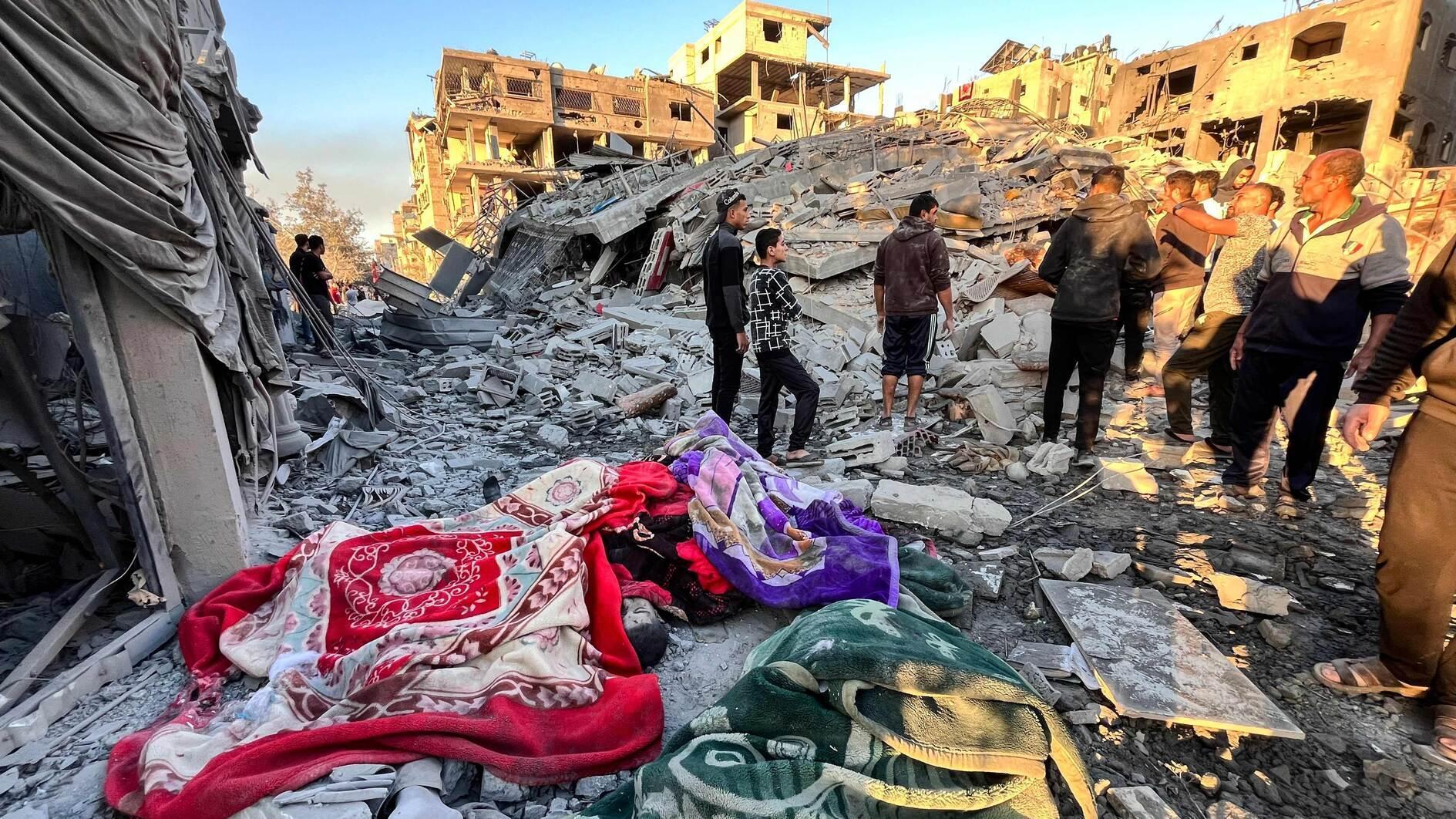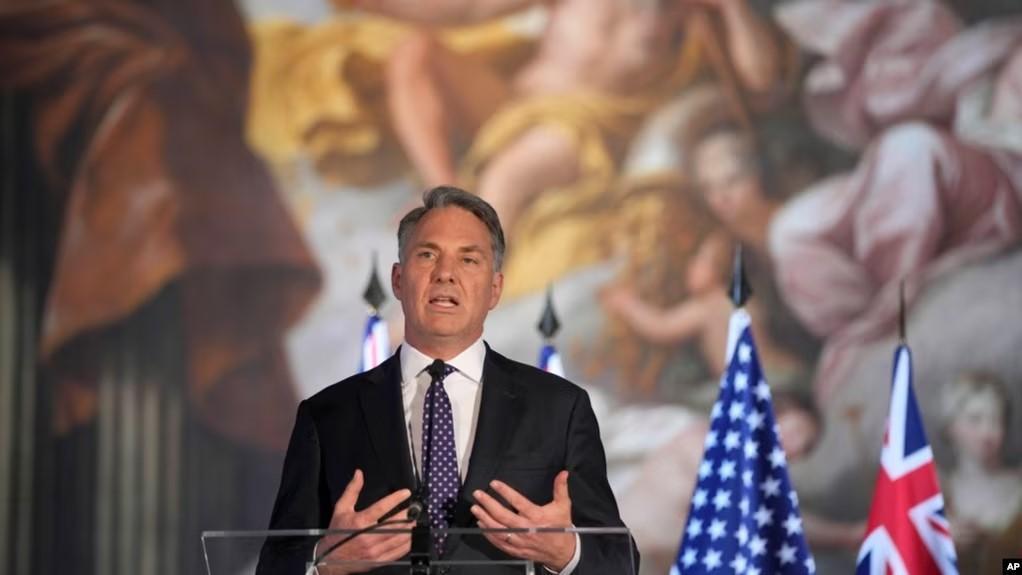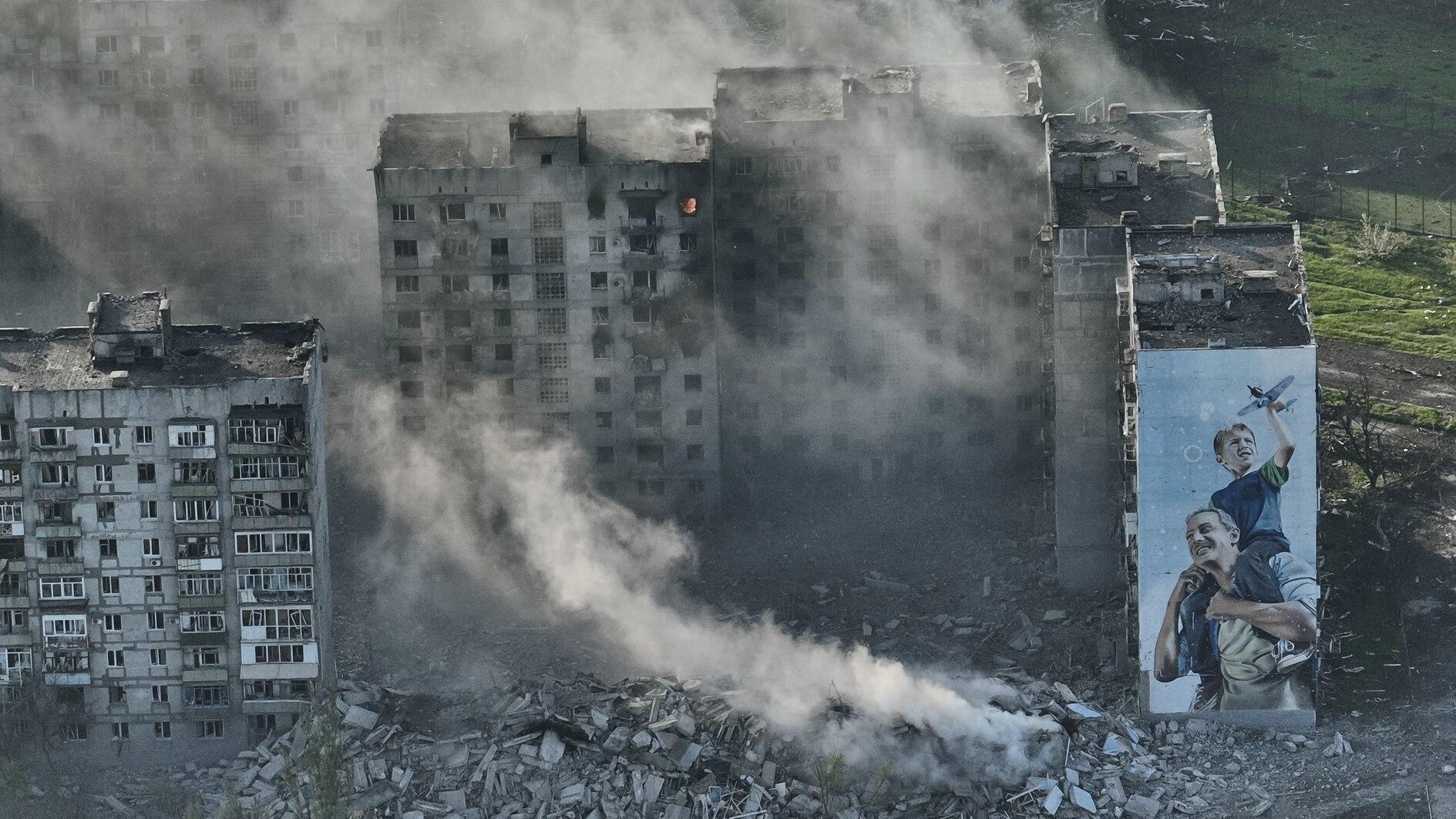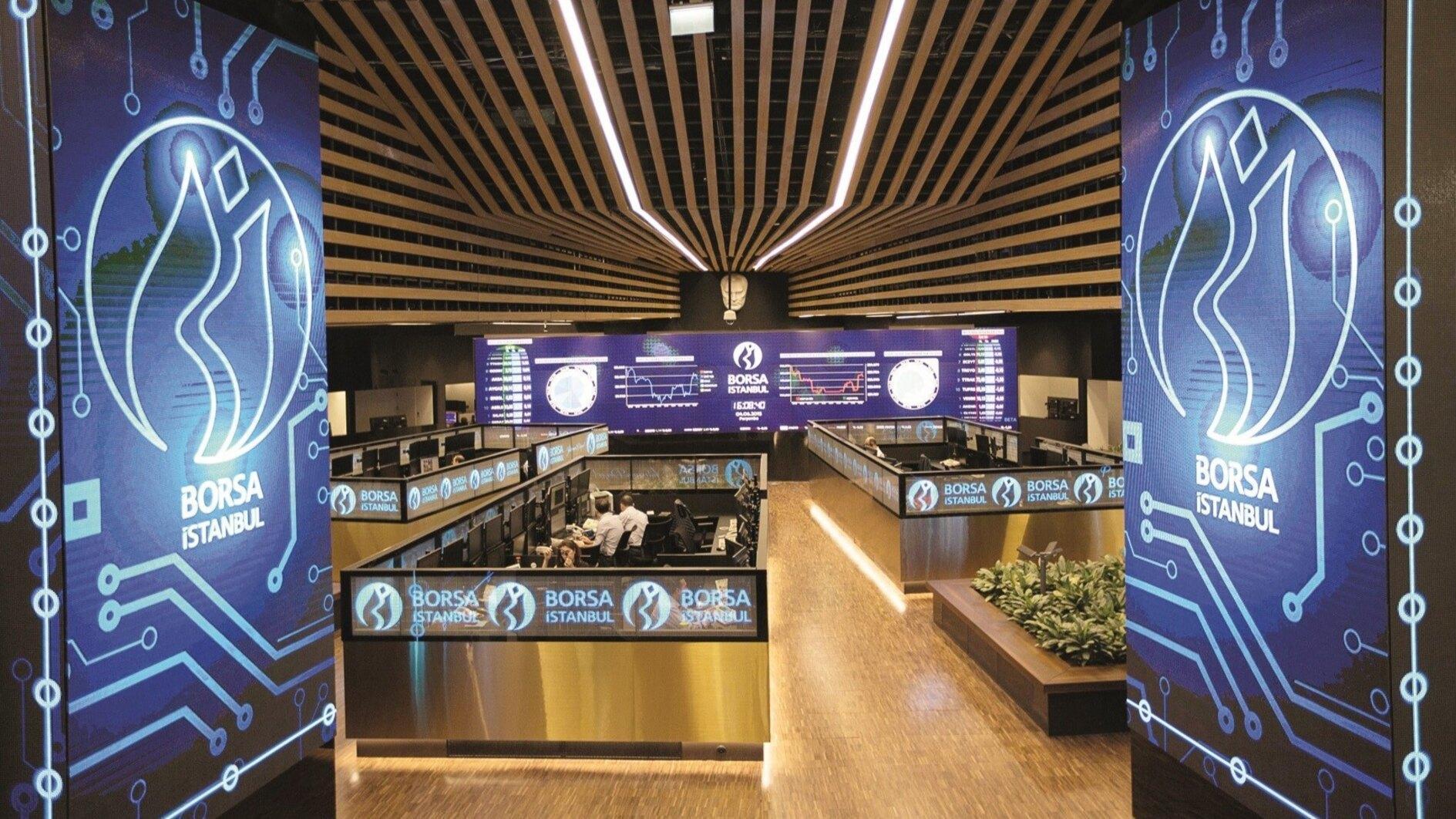Crisis diplomacy over Turkey’s future in EU
ANKARA / LUXEMBOURG
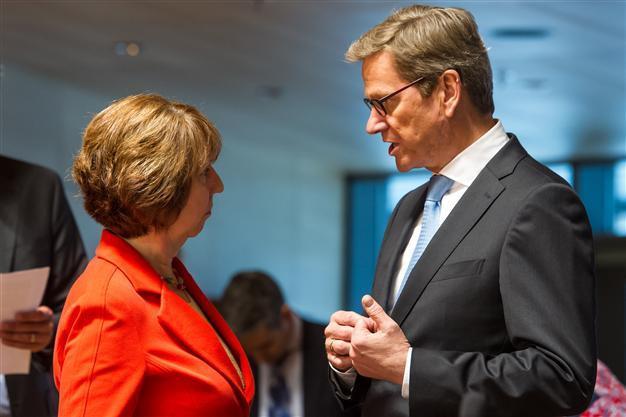
EU foreign policy chief Catherine Ashton (L) talks with German FM Guido Westerwelle in Luxembourg. AP photo
Diplomatic traffic has intensified between Ankara and European capitals to prevent Turkey’s negotiation process from being interrupted or slowed by a German veto, with expectations that the knot in the opening of a new negotiation chapter will be untangled today.The foreign ministers of Turkey and Germany, Ahmet Davutoğlu and Guido Westerwelle, had a phone conversation yesterday following their face-to-face meeting on June 22, and discussed mutual efforts to overcome the ongoing crisis due to Berlin’s firm stance on blocking the chapter as a result of a quarrel with Turkish officials over the Gezi Park demonstrations.
The phone conversation took place while EU ministers were gathered in Luxembourg to discuss the opening of the chapter on regional policies. Although the issue was not on the official agenda of the meetings, the ministers reviewed the situation in an effort to find a compromise to resolve the problem.
Westerwelle said Germany was in negotiations with Turkey and in talks with its European partners. “On the one side we cannot ignore what happened in the last few weeks. On the other side we have to be aware of our responsibility in our long-term relationship with Turkey,” he told reporters in Luxembourg on the sidelines of the Foreign Affairs Council meeting.
‘EU waiting for signs’
The 27 members of the EU seem to be divided on the opening of the chapter with Germany, the Netherlands and Austria on one side and Italy, Sweden, the United Kingdom, Poland, Spain and Belgium on the other. Ministers engaged in a tense debate throughout the day yesterday to find a compromise that would deliver multiple messages to Turkey.
Austrian Foreign Minister Michael Spindelegger was the most vocal member of the “no camp” as he said: “We are waiting for signals from Ankara that they are really going to give people in Turkey their rights. They have to think about the behavior of their police ... There has to be some movement from Turkey before we start negotiations on a new chapter.”
The “yes camp” is represented by Swedish Foreign Minister Carl Bildt, who said the bloc had a long-term strategic approach to enlargement that was not subject to “short-term whims.” “There are always things happening in different countries. We can’t change the strategy of the European Union just because there happens to be nervousness in one quarter or the other,” he said.
Will IGC meet on tomorrow?
One of the options is to open the chapter tomorrow at the intergovernmental conference (IGC) as scheduled but at a low profile meeting with the absence of ministers from either Turkey or the EU. Diplomatic sources said the IGC meetings could take place without the presence of ministers as Croatia had opened many of its chapters this way. Another option is to postpone the opening of the chapter until the Lithuanian term presidency.
The current term president, Ireland, has not canceled tomorrow’s meeting.
Jagland in Ankara, Bağış meets envoys
In the meantime, despite the prevailing tension in relations stemming from Turkey’s brutal crackdown on Gezi Park protesters, mutual efforts to keep dialogue channels open between the European institutions and Turkey appeared to have been intensified.
Council of Europe (CoE) Secretary-General Thorbjorn Jagland was set to arrive in Ankara late yesterday in order to hold a series of meetings with the Turkish government today, while EU Minister Egemen Bağış was scheduled to have a meeting with the ambassadors of EU-member countries accredited in Ankara on the same day.
Strasbourg-based CoE officials, speaking with the Hürriyet Daily News, confirmed that the visit was “a last minute arrangement” and it had been scheduled the morning of June 23.
Jagland is scheduled to hold talks with Justice Minister Sadullah Ergin and Interior Minister Muammer Güler before noon, and will hold a meeting with Prime Minister Recep Tayyip Erdoğan in the afternoon, Daniel Holtgen, spokesperson for Jagland, told the Daily News. “There are a number of topics on the agenda for the talks. I am not singling out one particular issue,” Holtgen said.
As Ankara will witness hectic diplomatic activity, Bağış’s meeting with EU ambassadors will take place in the form of a briefing on the Gezi Park incidents. In addition to EU Ministry bureaucrats, Bağış will be accompanied by officials from the Prime Ministry and the Police Department, Anatolia news agency reported.


